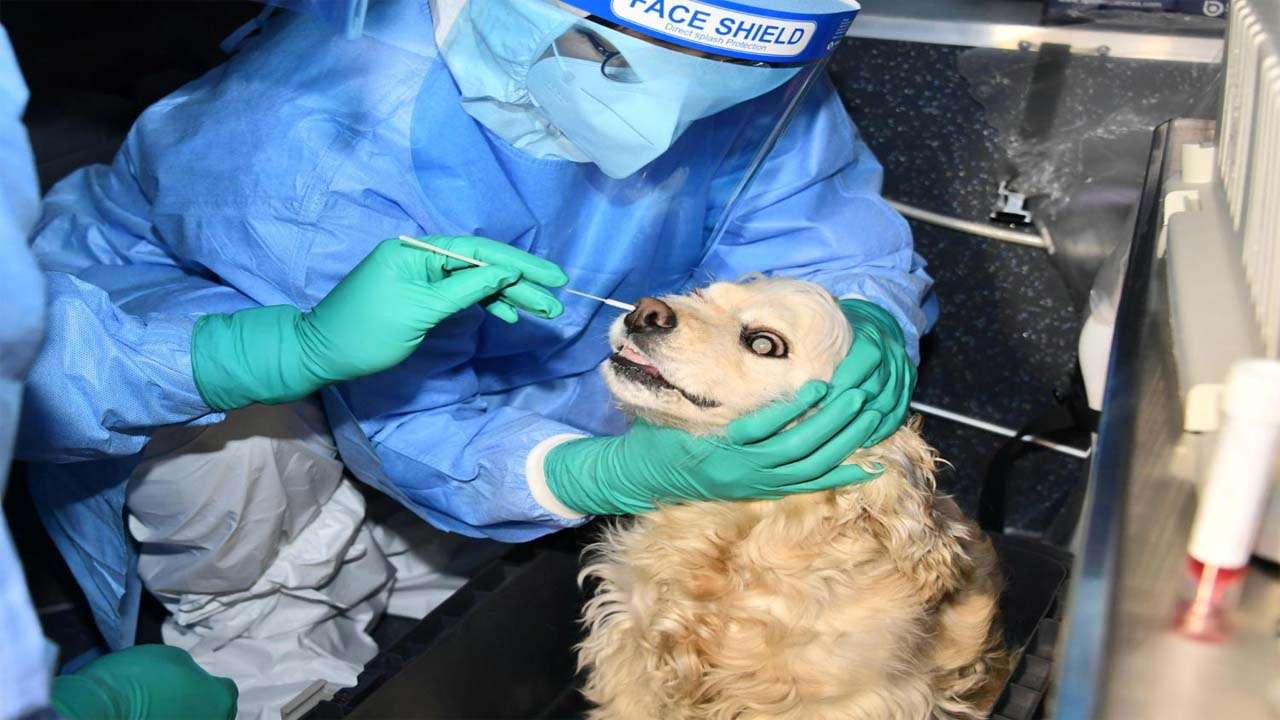
A recent study has revealed that the Alpha variant of Sars-CoV-2, known to cause COVID-19 also commonly called the UK variant or B.1.1.7 was detected in pets with two cats and a dog testing positive in the RT-PCR test result. Similarly, two other cats and one dog displayed antibodies two to six weeks after they developed signs of cardiac disease.
The team conducting the study however clarified that COVID-19 in pets remained relatively rare with the transmission taking place from humans to pets and not the other way round. Some owners of these pets had developed respiratory symptoms several weeks before their pets became ill and had also tested positive for COVID-19.
All of these pet cats and dogs were tested with acute onset of cardiac disease, including severe myocarditis (inflammation of the heart muscle).
"Our study reports the first cases of cats and dogs affected by the COVID-19 Alpha variant and highlights, more than ever, the risk that companion animals can become infected with SARS-CoV-2," said lead author Luca Ferasin, DVM, PhD, of The Ralph Veterinary Referral Centre, in the UK.
The US Centers for Disease Control and Prevention said that reports of animals infected with SARS-CoV-2 have been documented around the world.
Research also shows that mammals like cats, ferrets, fruit bats, hamsters, raccoon dogs and white-tailed deer can get infected with the COVID-19 virus. They can also spread the infection to other animals of the same species in laboratory settings. However, the risk of animals spreading COVID-19 to people is considered to be low.